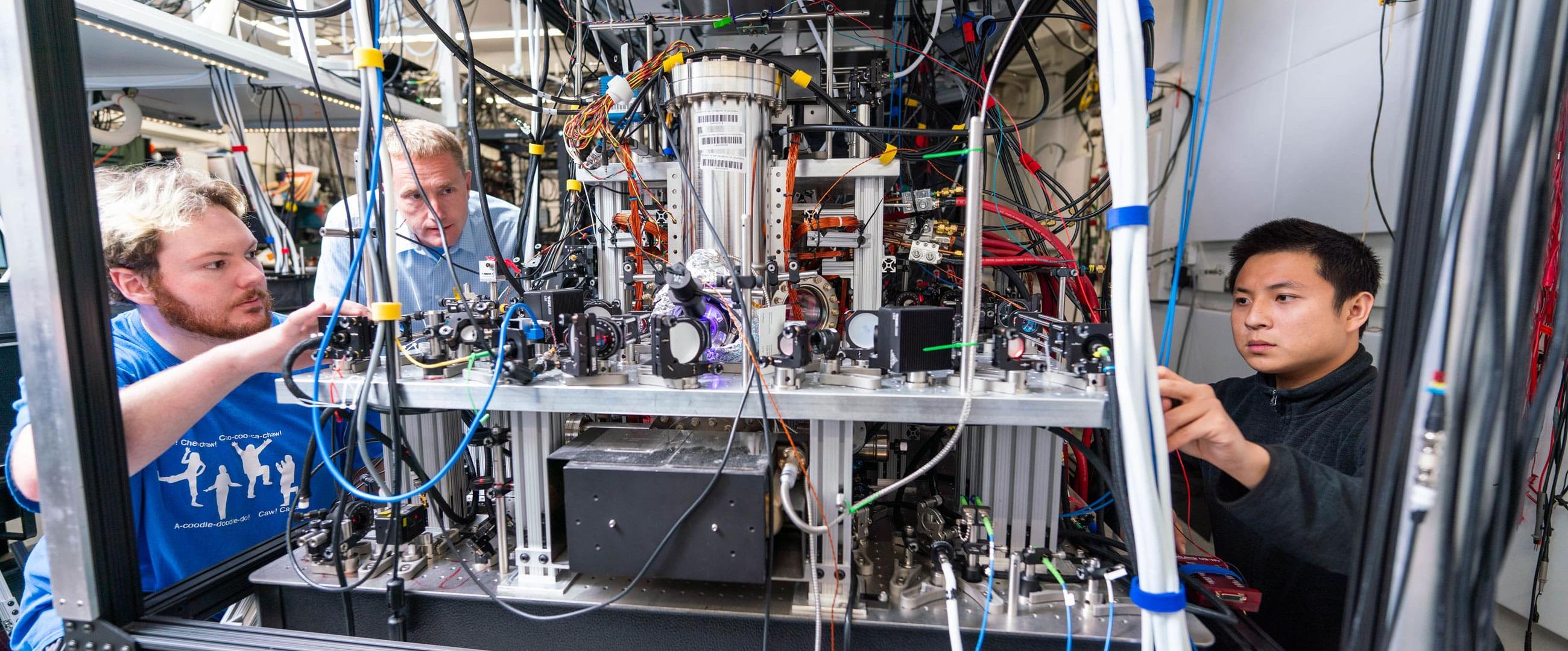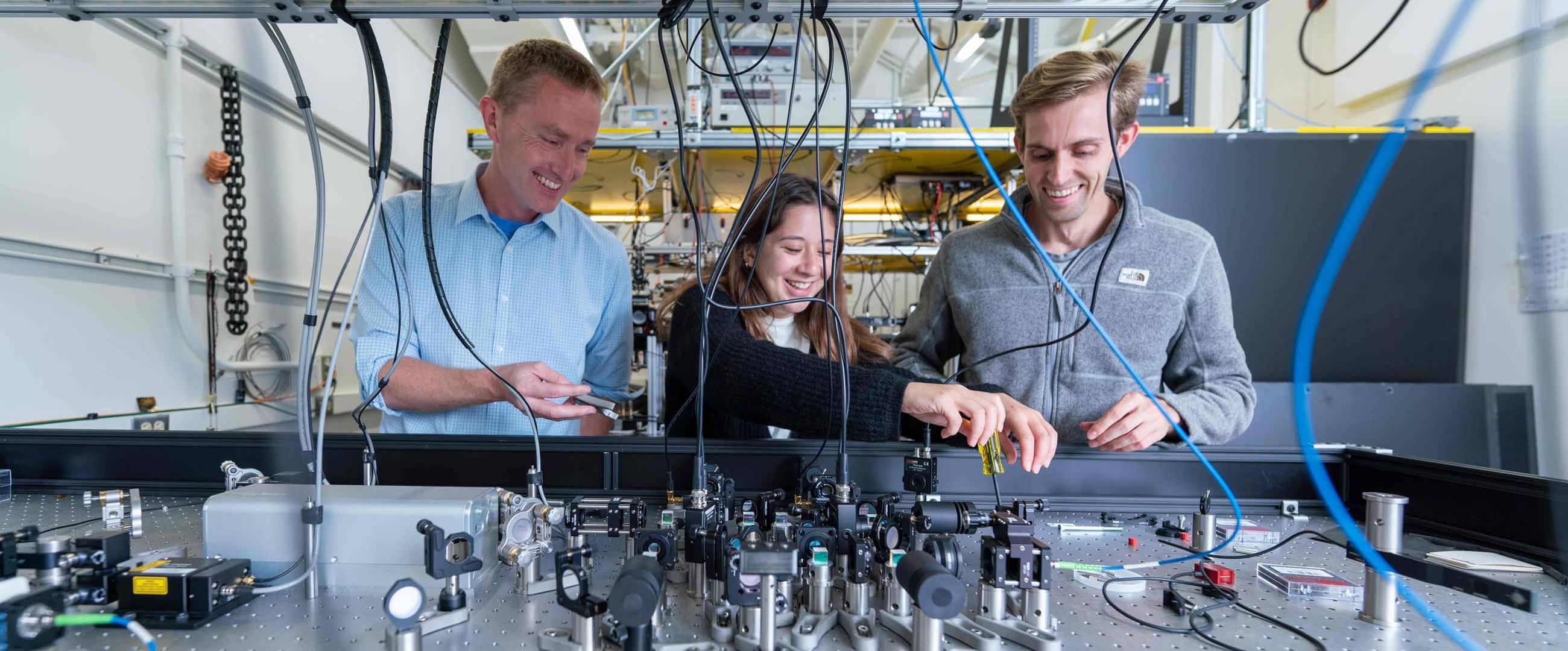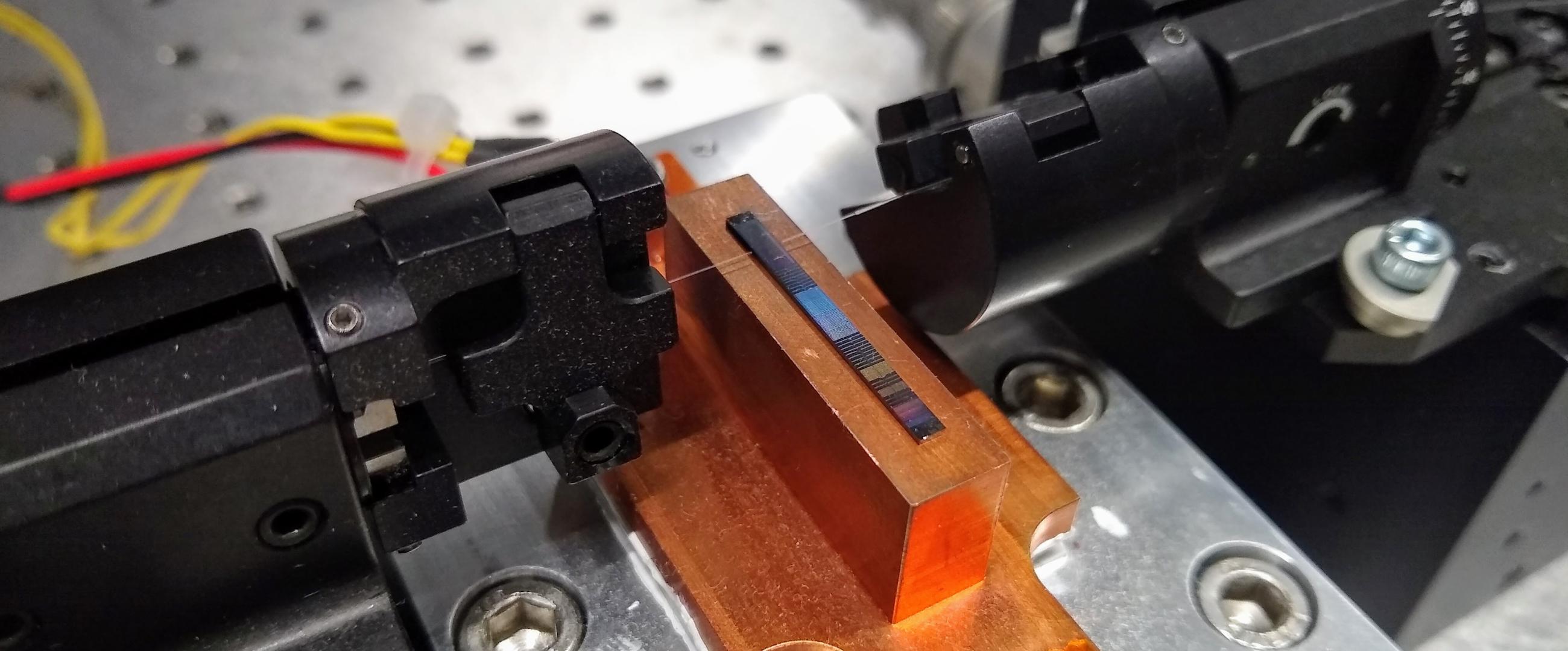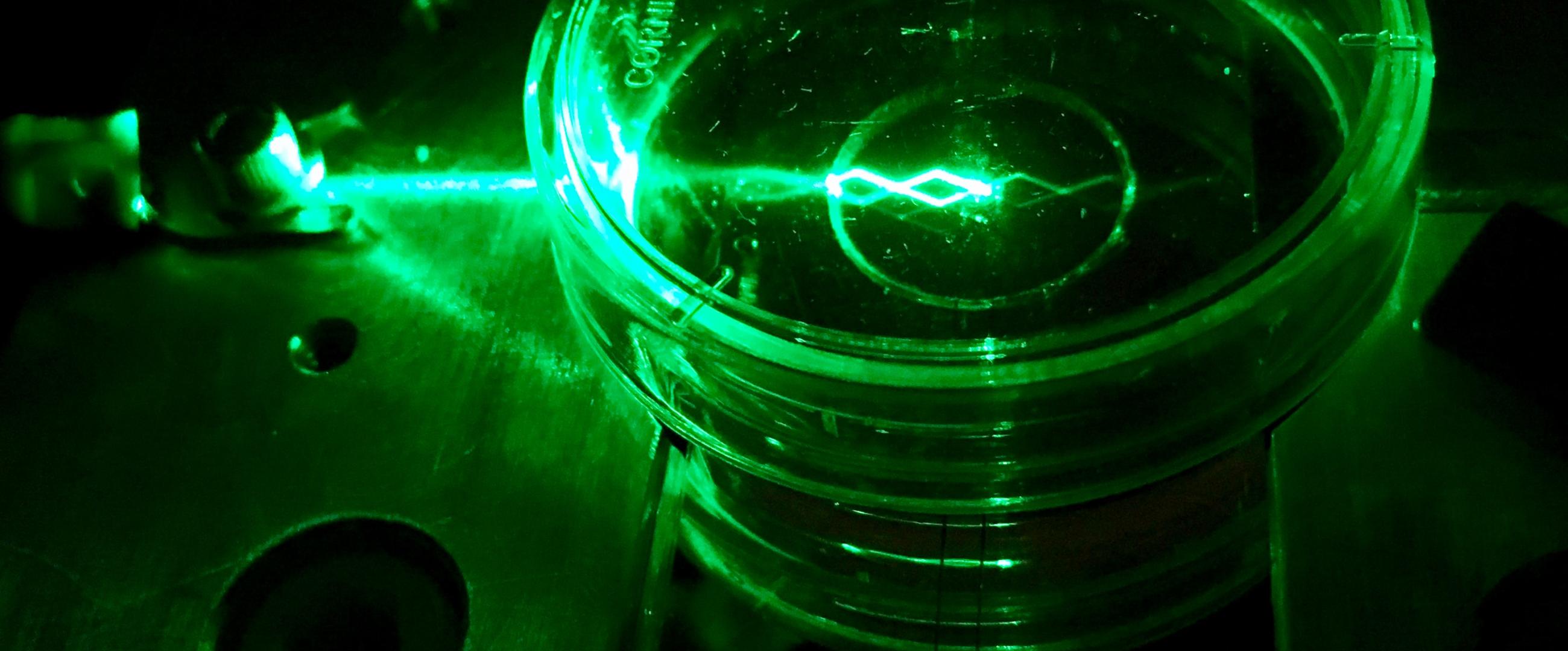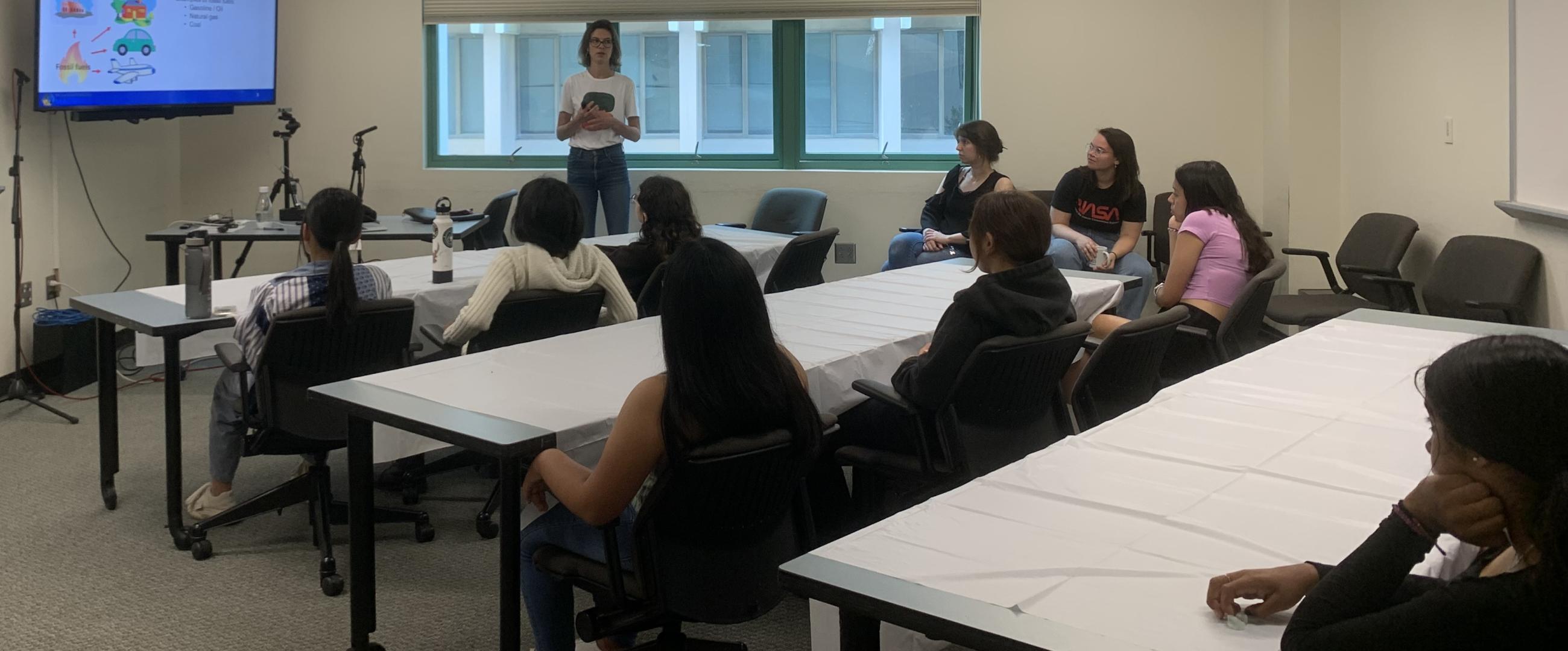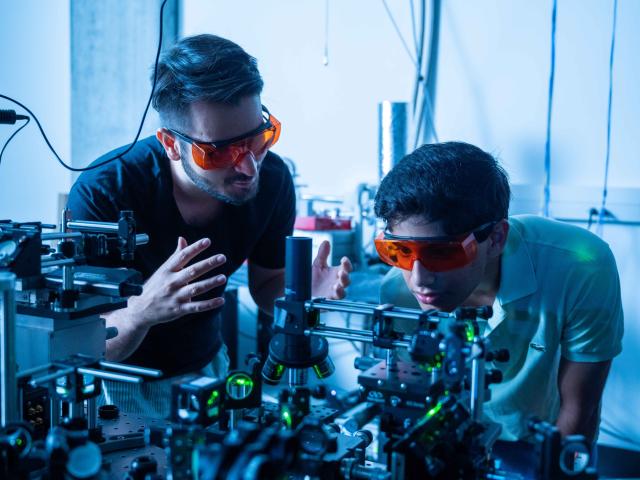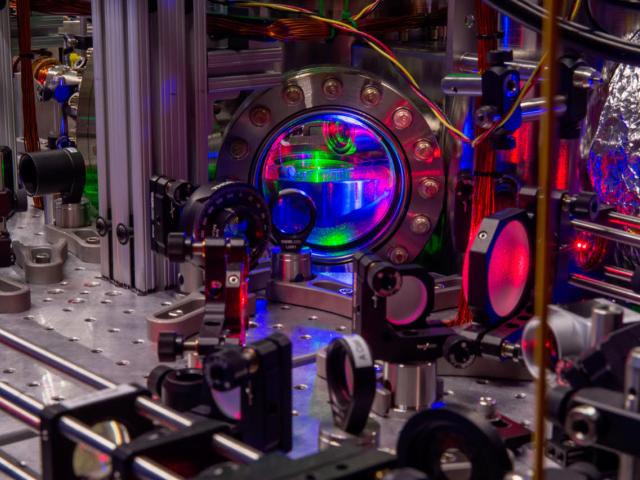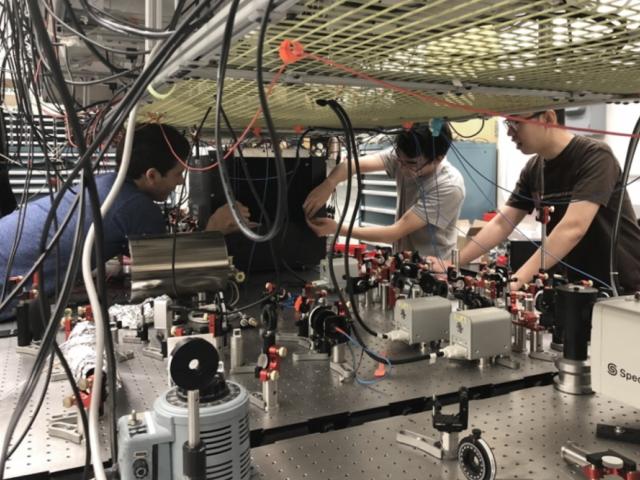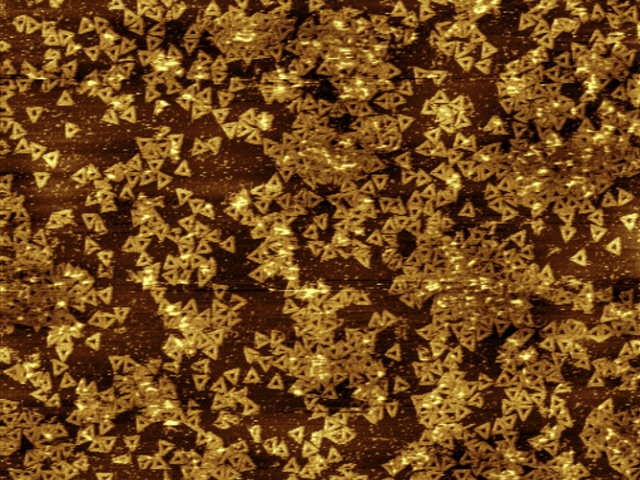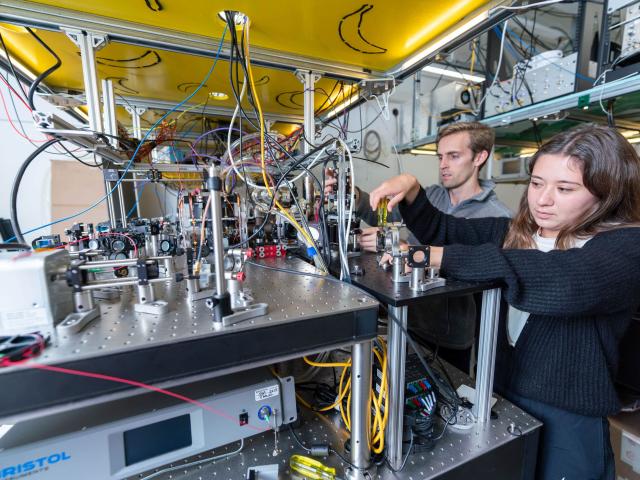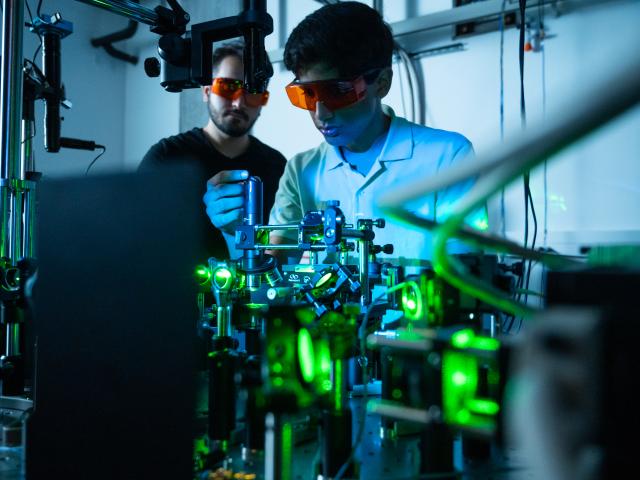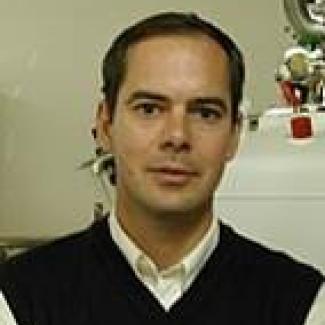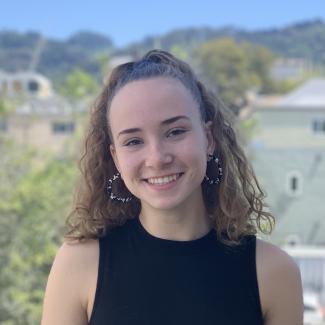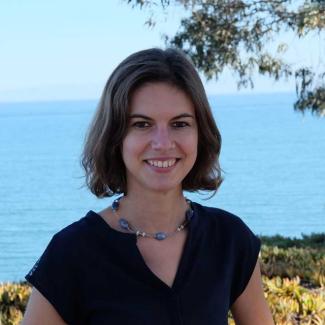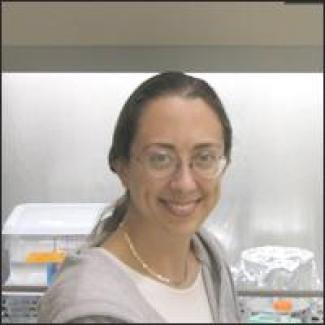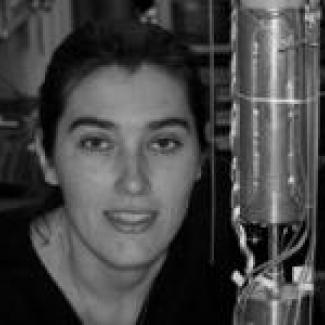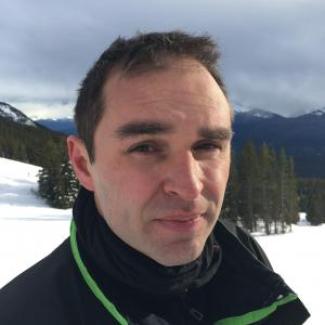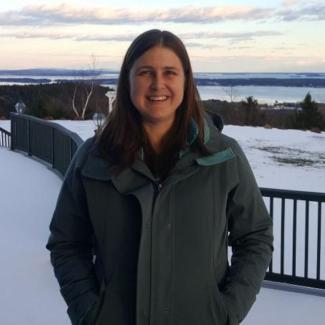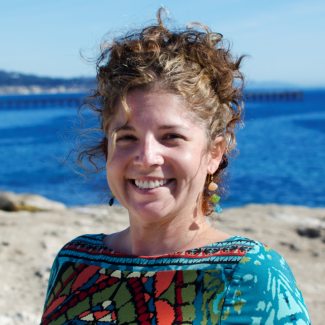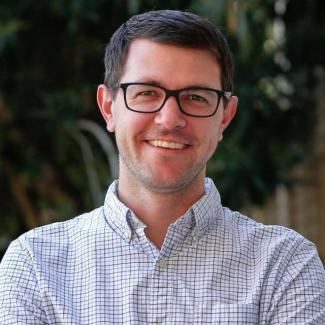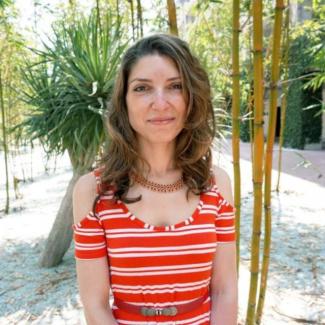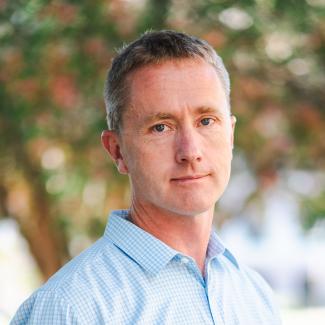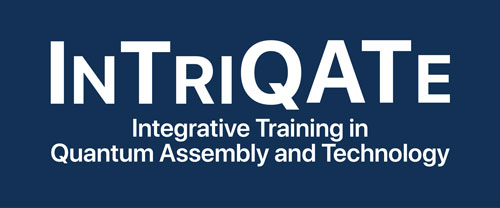About Us
Integrative Training in Quantum Assembly & Technology (InTriQATe) is an NRT program at the University of California, Santa Barbara which aims to prepare graduate students for leadership in a diverse quantum workforce. It is increasingly clear that future advances in the rapidly developing field of quantum science and technology will require the combination of insights and techniques from multiple fields of science and engineering, as well as will benefit from recruiting new talents to the quantum field from diverse areas. Thus, achieving the promise of a “quantum leap” identified by the National Science Foundation will require a different kind of graduate training in quantum science, moving beyond the siloed and specialized instruction in separate departments that is the dominant model for graduate education today. InTriQATe is an innovative and intrinsically multidisciplinary traineeship program focused around the central theme of quantum assembly: the integration of disparate quantum elements, and the bringing together of a diverse team of quantum scientists, to achieve new functionalities and behaviors.
Vision and Goals
Integrative Training in Quantum Assembly & Technology (InTriQATe) is an NRT program that is relevant to the Quantum Leap and Quantum Information Science and Engineering focus areas. This program will support and inspire the next generation of quantum scientists by providing innovative opportunities for training and professional development in an interdisciplinary collaborative context, and attracting graduate students from a variety of departments and backgrounds that may not have considered themselves as future players in quantum science and technology. The aim of this program is to build innovative training structures that recruit and prepare graduate students for leadership in a diverse quantum workforce.
Five goals comprise this aim:
1. Recruit graduate students from diverse backgrounds to quantum science and technology research.
2. Build an interdisciplinary and inclusive campus-wide quantum science community.
3. Retain and sustain a healthy diverse national “pipeline” into quantum careers.
4. Broaden the base of quantum science and nucleate new directions of convergence research.
5. Strengthen engagement with the public and with social/ethical impacts of quantum science.
Major Research Efforts
People
Achieving the promise of a “quantum leap” identified by the National Science Foundation will require a different kind of graduate training in quantum science, moving beyond the siloed and specialized instruction in separate departments thatis the dominant model for graduate education today.

